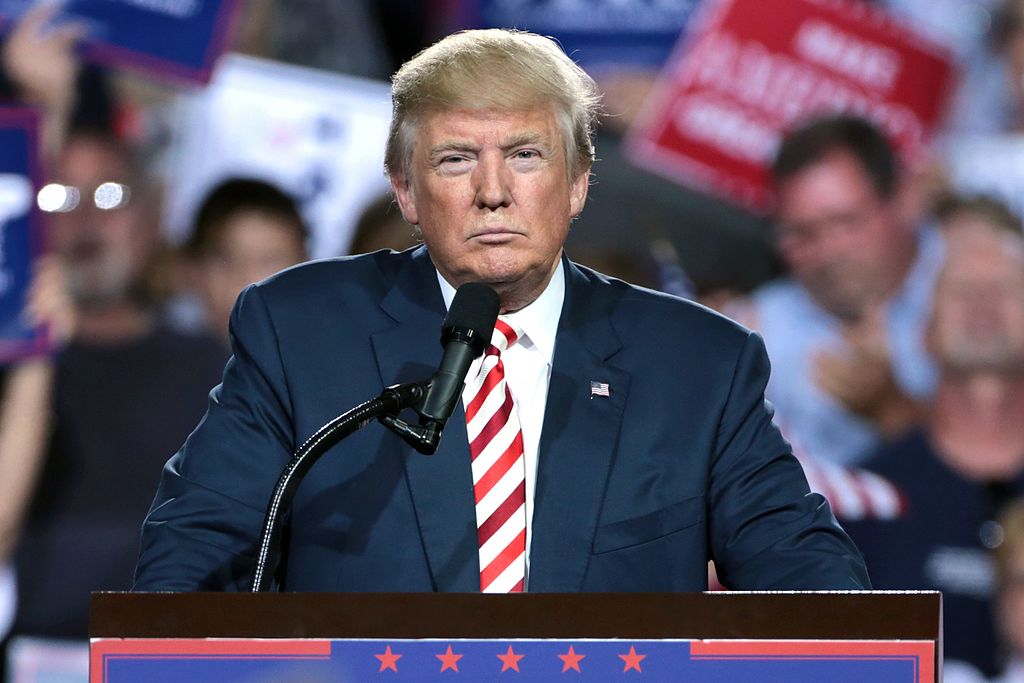
Wu Zurong, Research Fellow, China Foundation for Int'l Studies
Apr 17, 2018
The ball is in Trump’s court now.

He Wenping, Senior Research Fellow, Charhar Institute and West Asia and Africa Studies Institute of the China Academy of Social Sciences
Apr 17, 2018
Just like the Iraqi war 15 years ago, the US-led air strikes on Syria is a typical unilateral military action without UN approval.

Yin Chengde, Research Fellow, China Foundation for International Studies
Apr 16, 2018
The US and Russia should stop their geopolitical game in Syria, respect its independence, sovereignty, and territorial integrity, and let the people of Syria choose their own path.
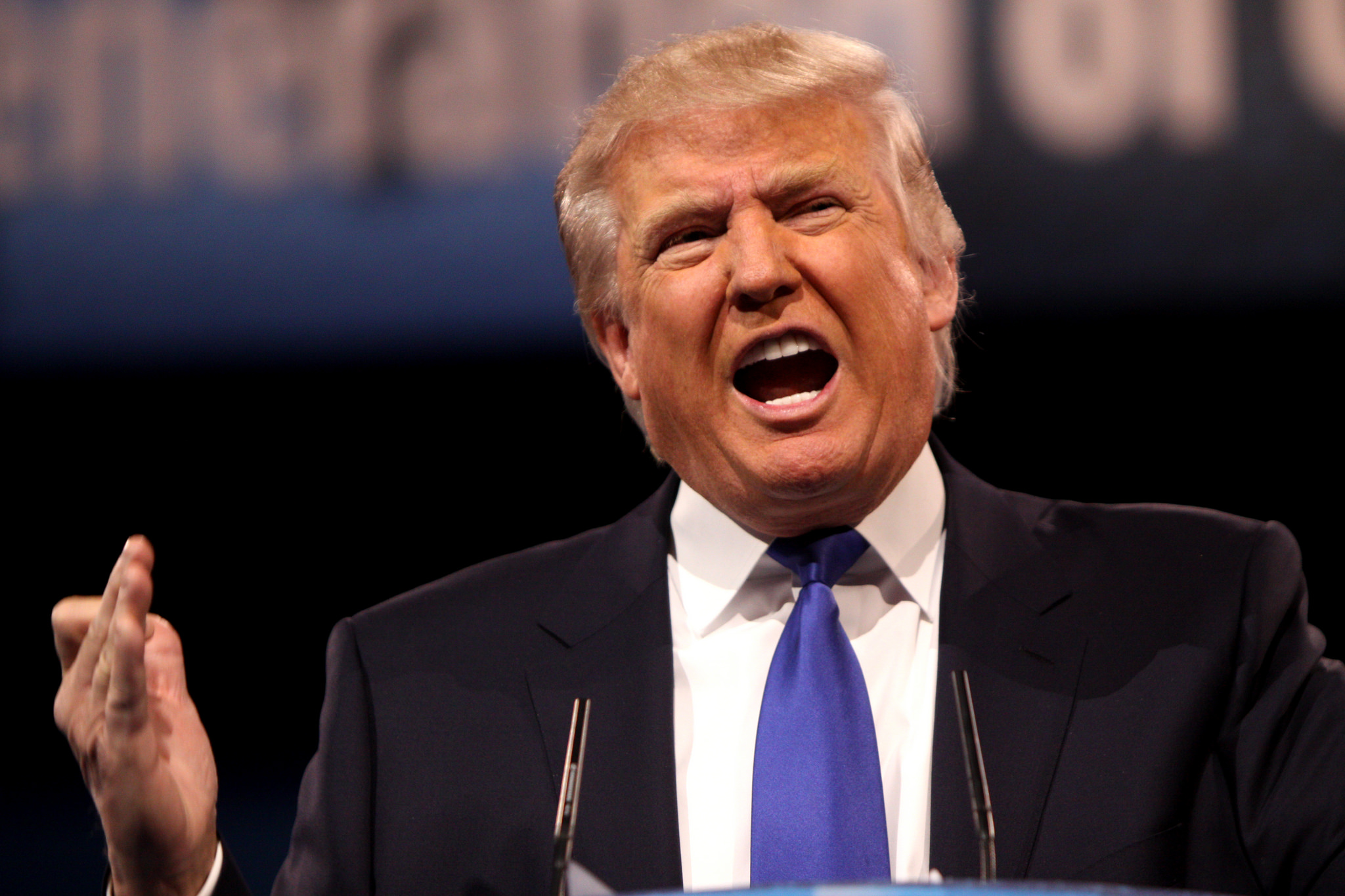
Chen Jimin, Guest Researcher, Center for Peace and Development Studies, China Association for International Friendly Contact
Apr 13, 2018
Trump’s egoism damages America’s international image as well as global public interests.
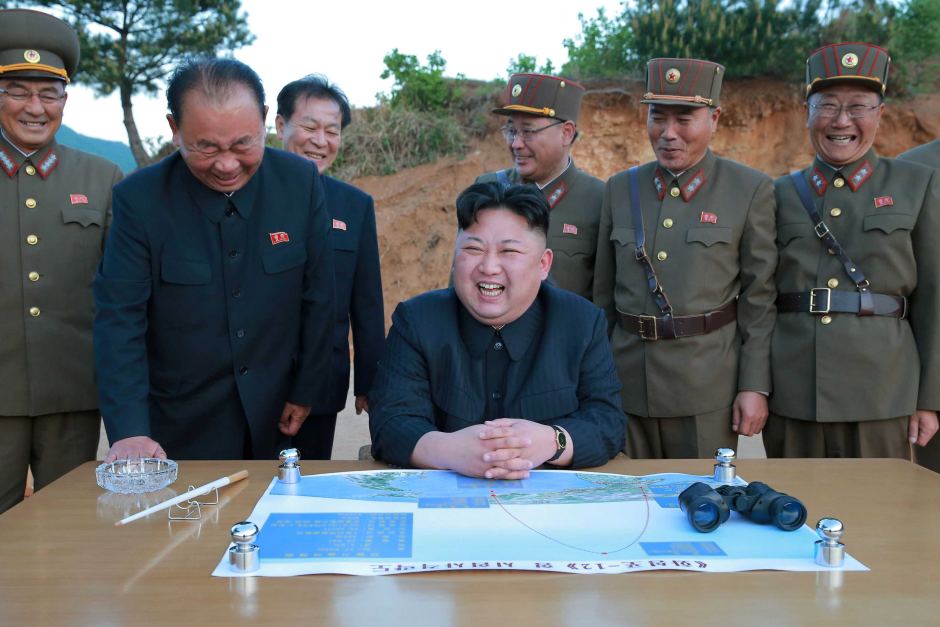
Wang Fudong, Assistant Research Fellow, Institute of International Economics and Politics, Shandong Academy of Social Sciences
Apr 11, 2018
Kim Jong Un’s clear indication to denuclearize and his recent visit to China will bring spring to the peninsula.

Joseph S. Nye, Professor, Harvard University
Apr 10, 2018
The US' strengths will help it retain global leadership - even after Trump's presidency.
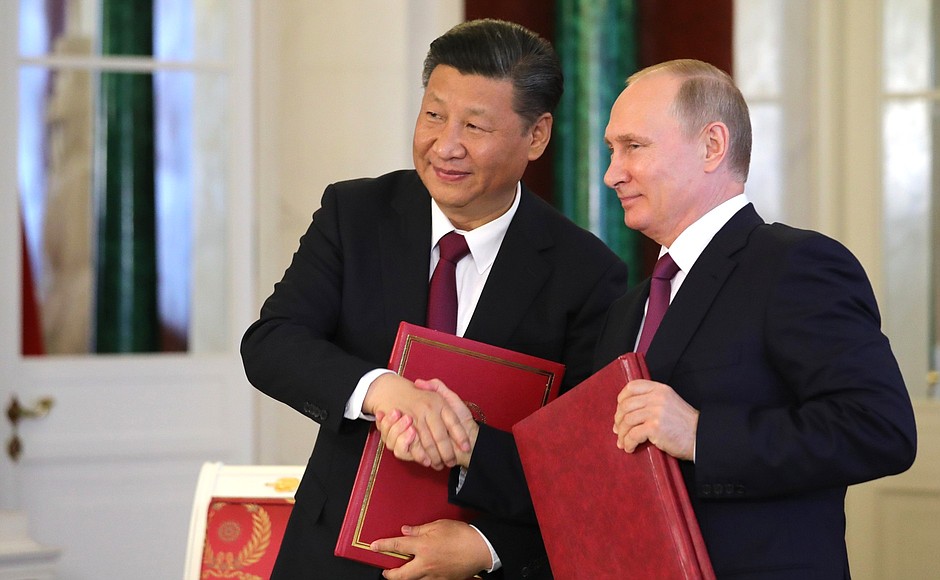
Yu Sui, Professor, China Center for Contemporary World Studies
Apr 06, 2018
Moves taken by the US oftentimes pushes the other two countries closer together.
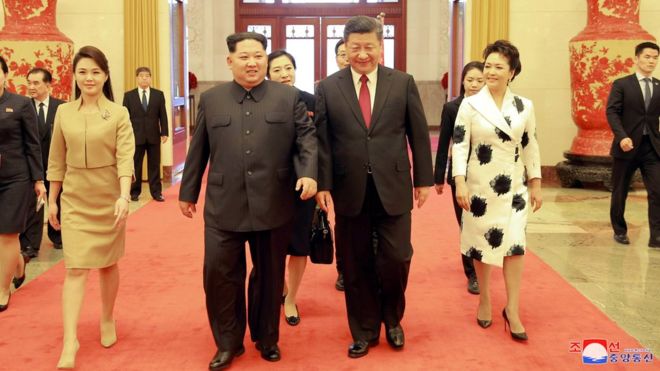
Dean P. Chen, Associate Professor of Political Science, Ramapo College of New Jersey
Apr 06, 2018
There are many uncertainties and moving parts, but one thing is certain: Kim’s short trip to China has shaken up the strategic dynamics of East Asia.
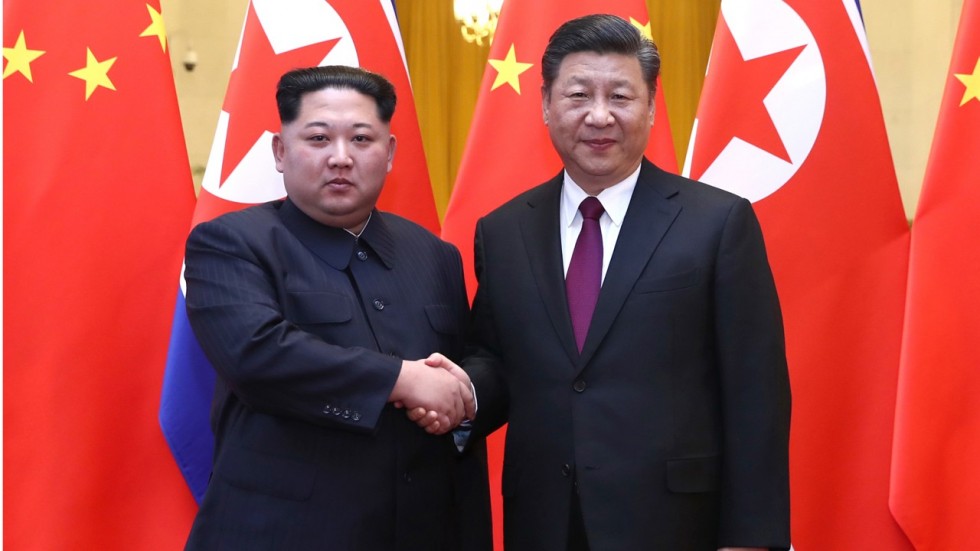
Doug Bandow, Senior Fellow, Cato Institute
Apr 06, 2018
China’s involvement in the negotiation process with North Korea and in the ultimate implementation of any agreement is essential. It will take serious effort to develop policies, organizations, and processes that simultaneously satisfy the DPRK, Beijing, and America. That just makes it more important that multilateral discussions begin on these issues.
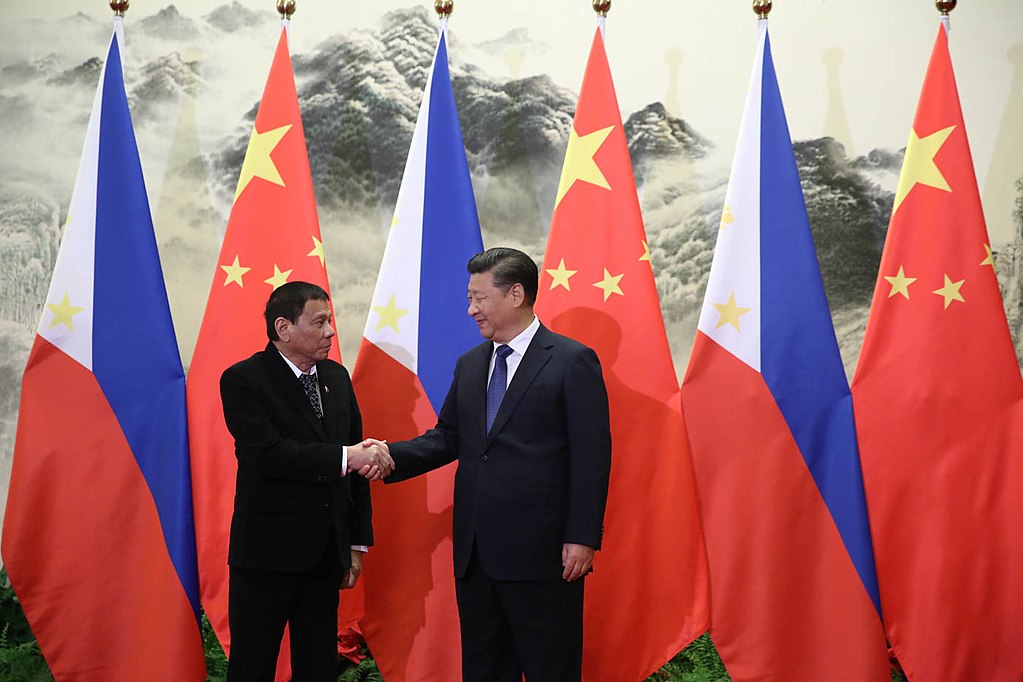
Chen Qinghong, Assistant Research Fellow, China Institutes of Contemporary International Relations
Apr 04, 2018
China and the Philippines have deftly resolved disputes and are working together for development and win-win cooperation.
Back to Top

- China-US Focus builds trust and understanding between the U.S. and China through open dialogue among thought leaders.
- Our Offerings
- Topics
- Videos
- Podcasts
- Columnists
- Research Reports
- Focus Digest
- Stay Connected
-
Thanks for signing up!
- Get the latest stories from China-US Focus weekly.